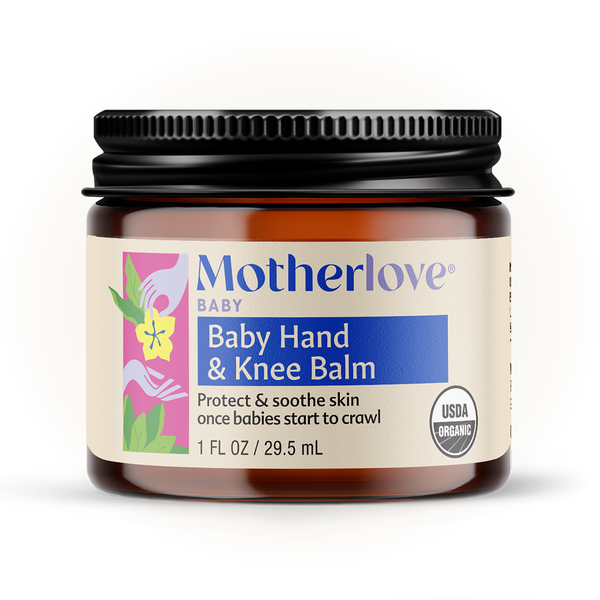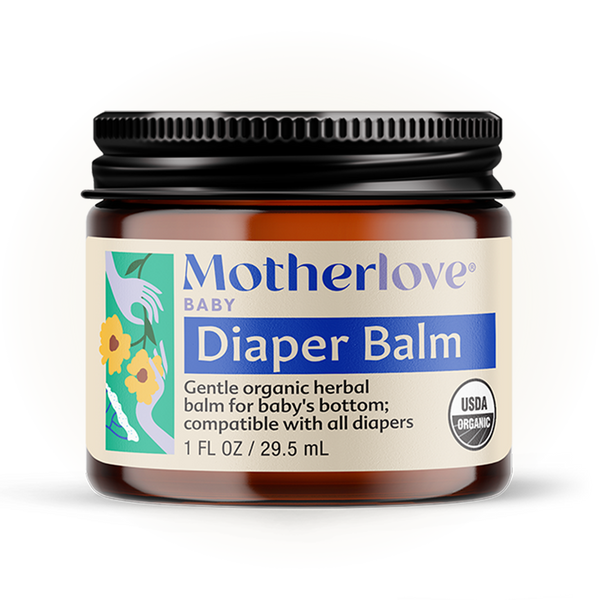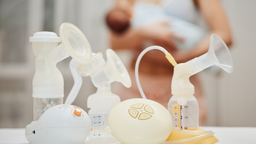Written by Mia.
Feeding your baby can be exciting, especially as they move onto solids and try foods they’ve never seen before. However, it can also be challenging as your baby’s digestive system is still developing. Whether you’re doing baby-led weaning, which involves jumping straight to finger foods and bypassing purees or introducing purées, the following list of foods you should avoid feeding your baby under one year old to ensure their safety and well-being.
7 FOODS TO AVOID GIVING YOUR BABY UNDER ONE
1. Honey
While honey is a common household staple many people enjoy, you should never give it to your infant under one. Honey may contain spores of bacteria called Clostridium botulinum, which can produce toxins in a baby’s immature digestive system, leading to a rare but serious illness called infant botulism. It’s best to wait until after your little one’s first birthday to introduce honey into their diet.
2. Cow’s Milk
You shouldn’t introduce cow’s milk as a primary drink until after the first birthday or later if desired. Cow’s milk doesn’t have all the necessary nutrients infants require for optimal growth and development. The proteins and minerals in cow’s milk can be difficult for a baby’s digestive system to process.
3. Common Chokeable Foods
Babies under one year don’t have fully developed chewing and swallowing skills, making them susceptible to choking hazards from large chunks of food. You should avoid giving babies foods such as whole grapes, hot dogs, nuts, popcorn, and large raw pieces of fruits and vegetables that can easily become lodged in your little one’s throat. Instead, cut food into small, manageable pieces or puree them to reduce the risk of choking.
On the other hand, if your infant is choking on smaller pieces of food, this could be a sign of a medical condition or food aversion. Strategies such as feeding therapy can help identify the underlying cause, enabling you to proceed with the appropriate treatment to minimize these reactions.
4. Certain Seafood
Seafood can be a nutritious addition to your baby’s diet due to its high protein and omega-3 fatty acid content. However, some types of seafood, such as shellfish and certain fish species, may contain heavy metals such as mercury, which can harm a baby’s developing nervous system. You should avoid feeding babies under one year old seafood known to be high in mercury. These foods include:
- Swordfish
- Shark
- King mackerel
- Tilefish
Many parents experience concern about heavy metals and contaminants in baby foods when choosing foods for their babies. You can reference the Clean Label Project Association when looking for brands who that prioritize improving a clean and healthy food chain and consumer products.
5. Salt and Added Sugars
Babies’ kidneys are not fully matured, making them sensitive to high levels of salt and added sugar. You should avoid or limit foods high in salt, such as processed meats, salty snacks and canned soups. Similarly, avoid foods with added sugars, such as sweets, sugary drinks and flavored yogurts, as they can contribute to dental problems and unhealthy eating habits later in life.
6. Raw or Undercooked Eggs
Raw or undercooked eggs may contain harmful bacteria such as Salmonella, which can cause food poisoning, particularly in infants with weaker immune systems. It’s essential to ensure eggs are fully cooked before offering them to your baby.
7. Foods High in Saturated Fats
Foods high in saturated fats can contribute to health issues later in life, even in babies. While babies require some healthy fats for growth and development, it’s recommended to focus on nutrient-rich foods low in saturated fats.
Breast milk naturally provides essential fats. When starting solid foods, consider introducing avocado, peanut butter, or almond butter (if there are no allergies) along with pureed vegetables. Limiting foods high in saturated fats, like processed meats and fried foods, is crucial, as they can be low in nutrients.
LET YOUR LITTLE ONE THRIVE
As a parent, introducing solid foods to your baby is an exciting milestone. It’s crucial to be mindful of the foods that can pose risks to their health and safety. Remember that every baby's readiness to start solids varies. So take your time as you start sharing those first baby foods. No matter if you choose baby-led weaning, purées or a combination of the two, all babies eventually learn how to eat solid foods. By avoiding common allergens and choking hazards, you can ensure that your little one’s first year of eating is nutritious and safe.






